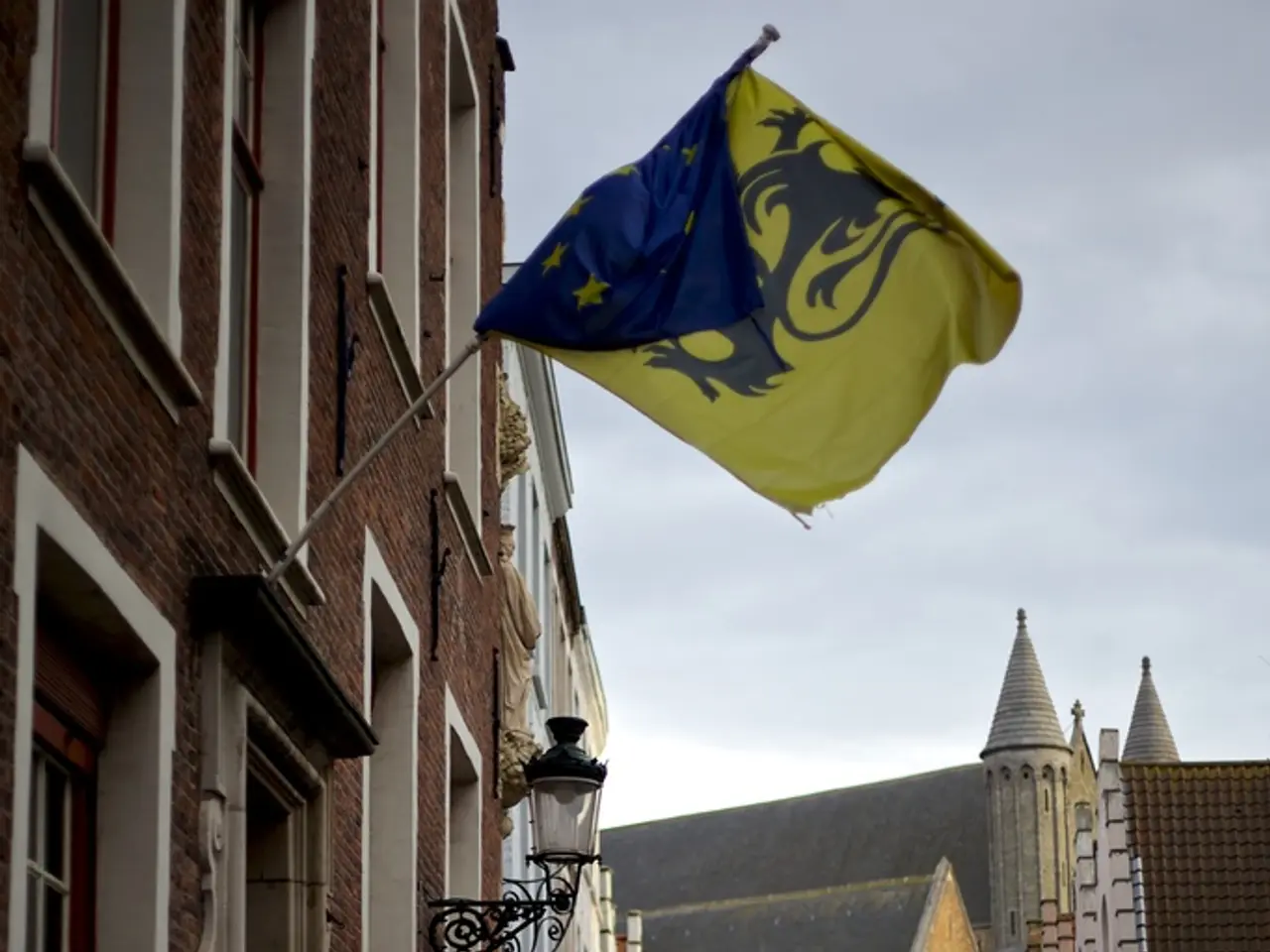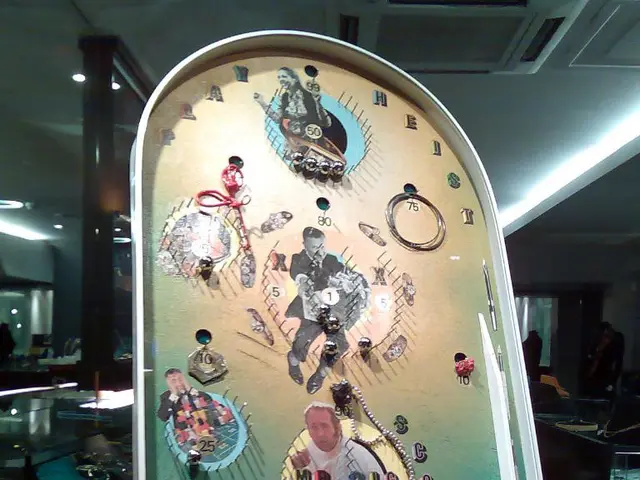Internal Discord Cripples the Governance of Chemnitz's City Council within the AfD
The city of Chemnitz is experiencing a political impasse as a power struggle within the Alternative for Germany (AfD) council faction has led to the extension of the city council's summer break indefinitely. This development has put a long-overdue decision on the future of the Chemnitz Theatre on hold.
The dispute within the AfD, the strongest force in the city council, has escalated and is centred around allegations of abuse of office regarding discounted parking spaces in a parking garage. As a result, the original AfD council faction, which previously had three seats in the committees, is now reduced to one member. Simultaneously, a new AfD faction, with three members, could potentially have more influence in city politics.
The city administration is currently reviewing whether this power struggle and the resulting breakup of the council fraction is legal. All decisions in the committees are on hold until this is clarified. Meetings of committees for schools, social affairs, culture, finance, senior citizens' advisory boards, and allotment garden advisory boards have been cancelled.
Detlef Müller, an SPD politician, described the situation as "chaos," while Sabine Brünler, the Left Party fraction leader, emphasised the need for a thorough legal review of the proceedings. The Left Party considers this review to be necessary to ensure the integrity and smooth functioning of the city council.
If the split into two factions remains, the AfD's influence in the committees would grow. This could have significant implications for various aspects of city governance, including decisions on cultural institutions like the Chemnitz Theatre.
The future of the Chemnitz Theatre's decision, which was supposed to be discussed this week, remains on hold due to the council's summer break extension. The split within the AfD occurred at the beginning of August, resulting in the formation of a new "AfD Chemnitz Council Faction" with 12 members.
Party leader Nico Köhler accused members of the council faction of abuse of office at a party meeting. However, previously, the AfD faction had twice voted to expel Köhler, but failed each time in court.
It is crucial to note that this news article focuses on the political developments within the Chemnitz City Council and their impact on decision-making related to the Chemnitz Theatre. The article does not delve into broader political and social issues, such as the presence of far-right ideologies and cultural discussions, although they are mentioned in the context of Chemnitz.
For more detailed information about the local political landscape, consult local news sources or official announcements from the Chemnitz City Council. The Alternative for Germany (AfD) has been gaining popularity in Germany, which could potentially influence political dynamics in various regions, including Chemnitz. However, specific details about the Chemnitz Theatre or local council operations are not provided in the available search results.
- The political dispute within the Alternative for Germany (AfD) council faction in Chemnitz, centred around allegations of abuse of office, has led to a review of the legality of the power struggle and potential impact on policy-and-legislation, including decisions on cultural institutions like the Chemnitz Theatre.
- The split of the AfD faction into two has implications for war-and-conflicts and crime-and-justice within the city council, as the new faction could potentially have more influence and affect various aspects of city governance, including the Chemnitz Theatre's future decision.
- General news from local sources or official announcements from the Chemnitz City Council is recommended for more detailed information about the local political landscape and the future of the Chemnitz Theatre, considering the ongoing power struggle within the AfD and its impact on city politics.







